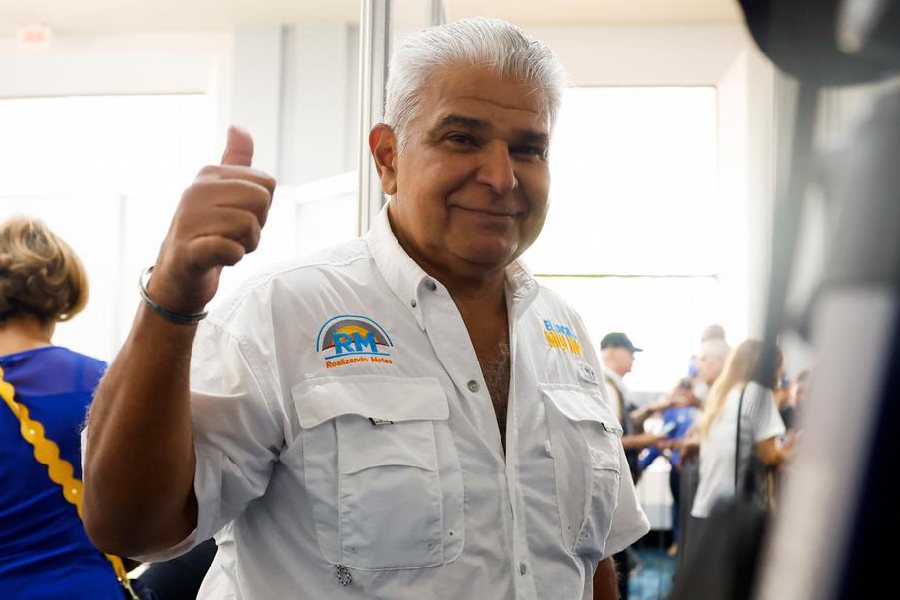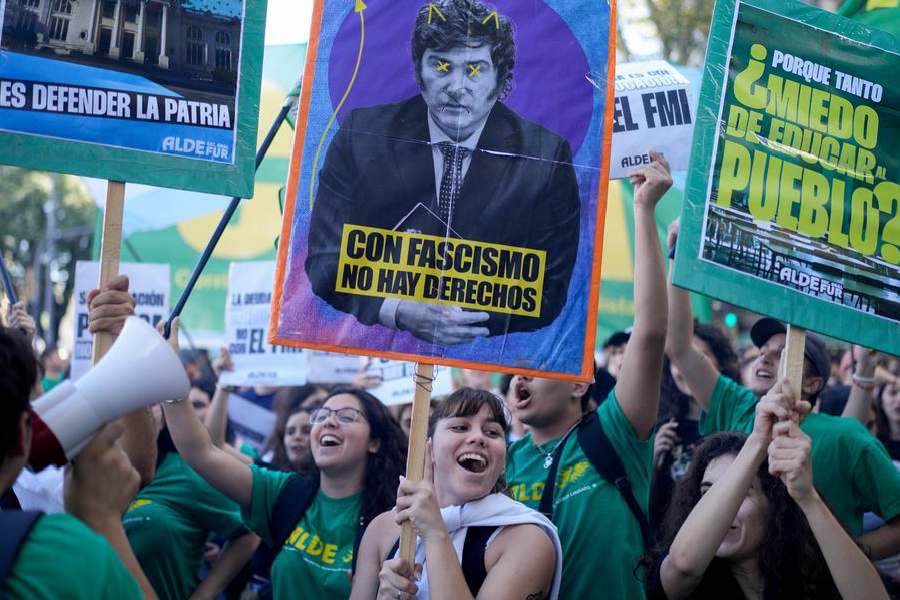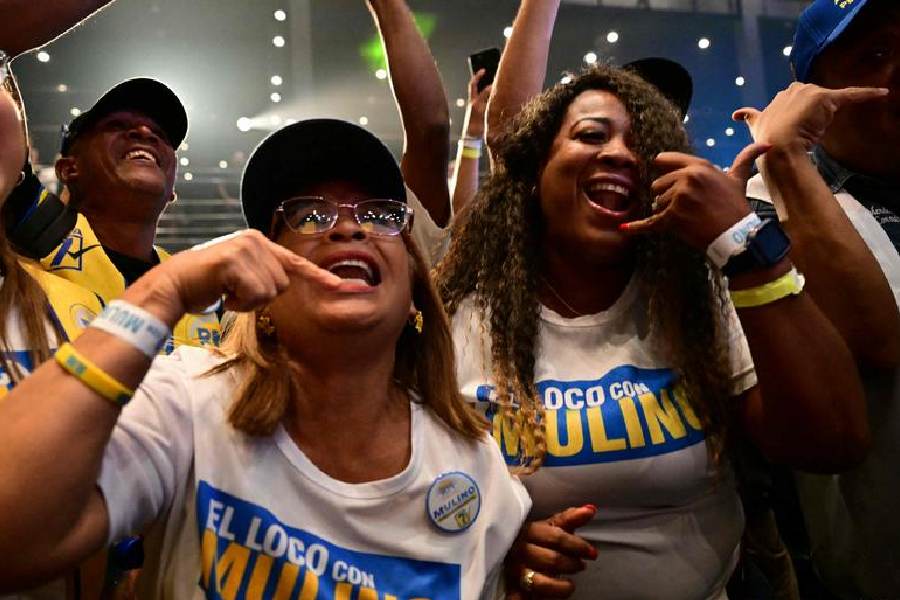Following the recent election victories of pro-business candidates in Argentina and Ecuador, voters in Panama also chose a staunch free-market advocate as their next president in a poll held earlier this month. Jose Raul Mulino, a 64-year-old former security minister in the government, stormed to victory on the campaign slogan "La Promesa de Chen Chen," meaning "A promise of money in your pocket."
In November last year, far-right libertarian Javier Milei won the presidency in Argentina, vowing to "exterminate" rampant inflation and "put a chainsaw to the state." A month earlier, banana fortune heir Daniel Noboa became Ecuador's youngest president at 35. The Harvard Kennedy School graduate focused his campaign on job creation, recommending tax exemptions and incentives for new businesses and pledging to attract more foreign investment.
What unites all three of these newly elected presidents is the conviction that free enterprise is key to spurring growth in their economically depressed countries. Previous experiments with more socialism-oriented economic policy, modeled on the authoritarian state interventionism of Cuba and Venezuela, only intensified years of economic crisis and led to a mass exodus to the United States.

Mulino ran on the promise to usher in another wave of economic prosperity and to stop migration Deutsche Welle
Mulino resorts to time-tested measures
In Panama, Jose Raul Mulino was initially tapped by popular former President Ricardo Martinelli to be his running mate after Martinelli's wife declined. But then Martinelli was disqualified from running after he was sentenced to more than 10 years in prison for money laundering. Mulino took his place as the leading candidate of the Realizando Metas (RM) party.
Winfried Weck from the German Konrad-Adenauer Foundation in Panama City says Mulino has adopted the economic strategy that was considered successful during the 2009-2014 Martinelli presidency.
"Mulino, like Martinelli before him, is focusing on incentivizing entrepreneurial initiatives and attracting large foreign investments. This is intended to finance and realize large infrastructure projects," he told DW.
These projects include building a railway connection from Panama City to David, the country's second-largest city, near the Costa Rican border. Mulino also plans to build a fourth bridge over the Panama Canal, several hospitals, new universities and possibly new metro lines for the capital.
"In a business-friendly environment for foreign investors, these plans can certainly succeed," Weck said. However, he added that voters will certainly judge Mulino on his central promise of "more money in their pockets."
Early signs of recovery in Argentina
While Panama's strategy might succeed, Argentina faces a more challenging path. Radical free-market proponent Javier Milei has managed to reduce monthly inflation from 25.5% in December to 8.8% in April. However, the annual rate still stands at a staggering 290%, one of the highest in the world.
Nevertheless, banks are again offering real-estate loans for the first time in a long while, attracting significant interest from citizens. The International Monetary Fund (IMF) is also satisfied with the progress and has released another tranche of credit for Argentina.

Javier Milei has become the target of mass protests after massively cutting state spending and public service jobs Deutsche Welle
Despite Argentina's nascent recovery, Christian Hauser, a Latin America expert at the University of Applied Sciences Graubünden, Switzerland, warns against excessive expectations. "In Latin America, especially in Argentina, there have been recurring cycles of boom and deep economic crises, so it's crucial to wait and see how things develop," he told DW.
For Hauser, it is important that countries like Argentina pursue long-term economic policies with a "regulatory framework that supports healthy competition." This would require promoting "the establishment of medium-sized enterprises rather than focusing primarily on large international corporations." He added that the middle class is crucial for a country's economic foundation.
EU-Mercosur trade deal a chance for growth
In this context, finalizing the long-negotiated trade agreement between the European Union and the Mercosur trade bloc — which includes Brazil, Uruguay, Paraguay and Argentina — would be an "important geopolitical signal," Weck said. "It would signify that democratic countries and regions can agree on rules-based cooperation."
However, Weck thinks reaching a trade deal after two decades of negotiations would require a willingness to compromise from both trade blocs. "There is currently a window of opportunity that should be seized, but such opportunities have existed before," he cautioned.
For now, though, Latin America's three new pro-market presidents will have to wait until after next month's elections for the EU Parliament to see if Europeans will seize the opportunity to create more growth on both sides of the Atlantic.











